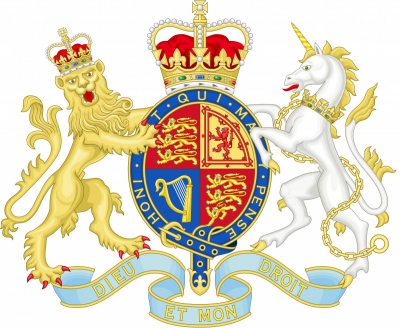The "Wind of Change" speech was an address made by British Prime Minister Harold Macmillan to the Parliament of South Africa on 3 February 1960 in Cape Town. He had spent a month in Africa in visiting a number of British colonies. The speech signalled clearly that the Conservative Party, which formed the British government, had no intention to block the independence to many of those territories.When the Labour Party was in government from 1945 to 1951, it had started a process of decolonisation, but the policy had been halted or at least slowed down by the Conservative governments since 1951.
The speech acquired its name from a quotation embedded in it:
The wind of change is blowing through this continent. Whether we like it or not, this growth of national consciousness is a political fact.
The occasion was in fact the second time on which Macmillan had given this speech since he was repeating an address that he had made in Accra, Ghana (formerly the British colony of the Gold Coast) on 10 January 1960 but with little reaction. This time, however, it received press attention, at least partly because of the stony reception that greeted it.
Macmillan's Cape Town speech also made it clear that Macmillan included South Africa in his comments, and it indicated a shift in British policy in regard to South African apartheid:
As a fellow member of the Commonwealth it is our earnest desire to give South Africa our support and encouragement, but I hope you won't mind my saying frankly that there are some aspects of your policies which make it impossible for us to do this without being false to our own deep convictions about the political destinies of free men to which in our own territories we are trying to give effect.
The prime minister of the United Kingdom is the head of government in the United Kingdom. The prime minister advises the sovereign on the exercise of much of the royal prerogative, chairs the Cabinet and selects its ministers. As modern prime ministers hold office by virtue of their ability to command the confidence of the House of Commons, they sit as a member of Parliament.
The office of prime minister is not established by any statute or constitutional document, but exists only by long-established convention, whereby the reigning monarch appoints as prime minister the person most likely to command the confidence of the House of Commons; this individual is typically the leader of the political party or coalition of parties that holds the largest number of seats in that chamber. It was announced by Prime Minister Boris Johnson on 31 January 2022 that the office of Prime Minister would be formally established.The prime minister is ex officio also First Lord of the Treasury, Minister for the Civil Service and the minister responsible for national security.: p.22 Indeed, certain privileges, such as residency of 10 Downing Street, are accorded to prime ministers by virtue of their position as First Lord of the Treasury. In 2019, the office of Minister for the Union was established; Boris Johnson became the first prime minister to hold this title.

1960Feb, 3
British Prime Minister Harold Macmillan speaks of "a wind of change", signalling that his Government was likely to support decolonisation.
Choose Another Date
Events on 1960
- 17Mar
Bay of Pigs Invasion
U.S. President Dwight D. Eisenhower signs the National Security Council directive on the anti-Cuban covert action program that will ultimately lead to the Bay of Pigs Invasion. - 21Apr
Rio de Janeiro
Brasília, Brazil's capital, is officially inaugurated. At 09:30, the Three Powers of the Republic are simultaneously transferred from the old capital, Rio de Janeiro. - 9May
Combined oral contraceptive pill
The Food and Drug Administration announces it will approve birth control as an additional indication for Searle's Enovid, making Enovid the world's first approved oral contraceptive pill. - 4Jul
Flag of the United States
Due to the post-Independence Day admission of Hawaii as the 50th U.S. state on August 21, 1959, the 50-star flag of the United States debuts in Philadelphia, almost ten and a half months later (see Flag Act). - 29Oct
Muhammad Ali
In Louisville, Kentucky, Cassius Clay (who later takes the name Muhammad Ali) wins his first professional fight.

 English
English  español
español  français
français  português
português  русский
русский  العربية
العربية  简体中文
简体中文 